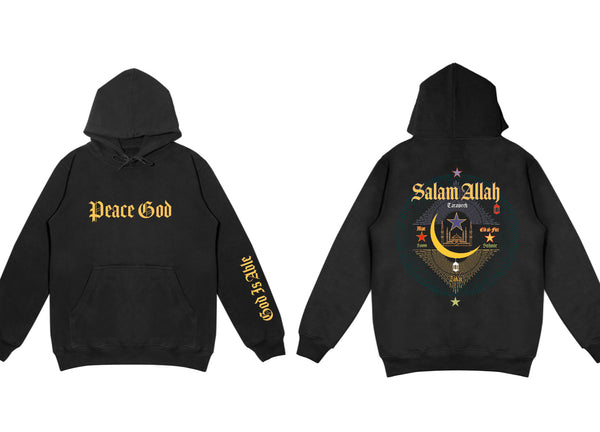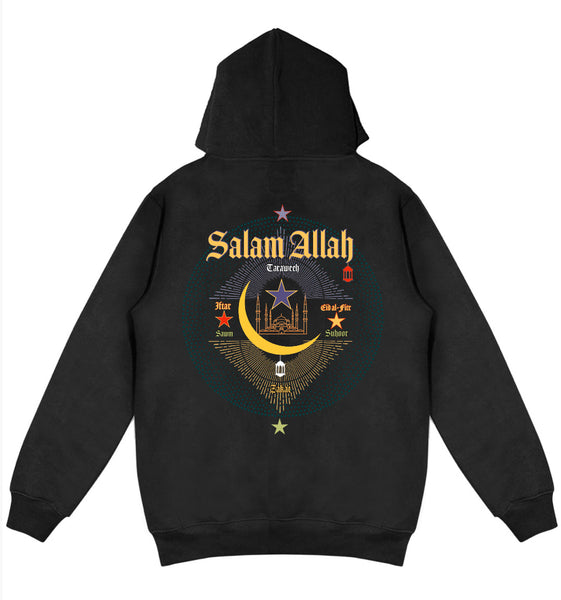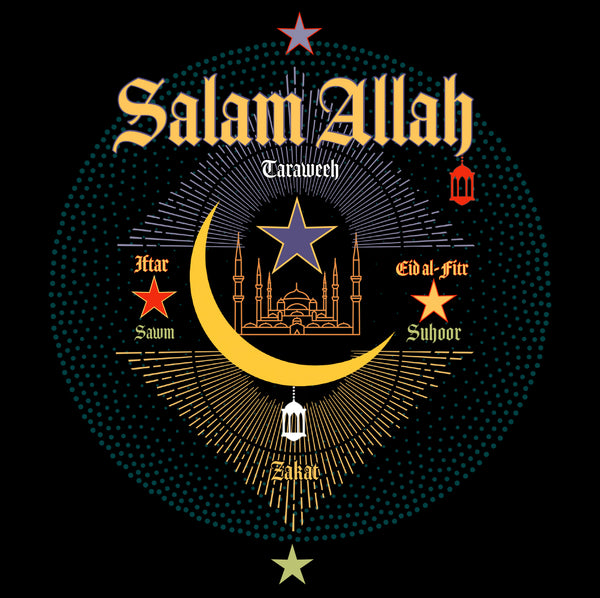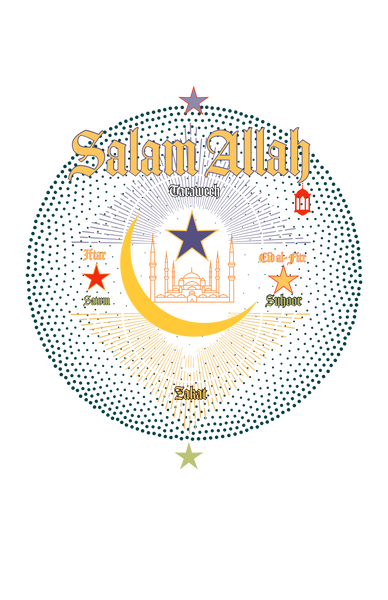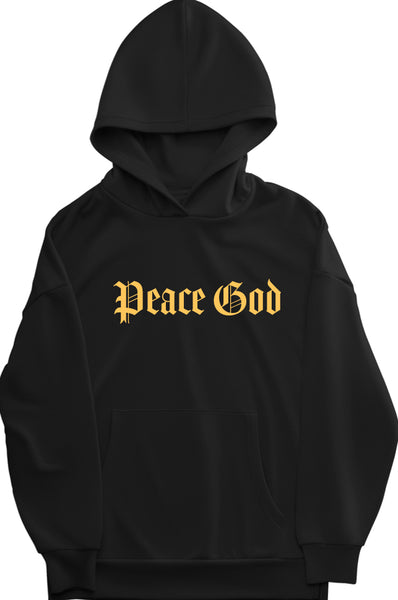Peace God- Ramadan-Hoodie-DTG
What is Ramadan?
Ramadan is like a special month where people who believe in Islam fast during the day. This means they don't eat or drink anything from sunrise to sunset. It's a time for praying, being kind to others, and reflecting on what's important. Muslims celebrate Ramadan to show their devotion to God and to feel closer to Him.
3 reasons why non Muslims should observe Ramadan:
1. **Cultural Understanding**: Participating in Ramadan can help non-Muslims gain a better understanding of the Islamic faith and the practices that are important to Muslims. It can promote cultural awareness and foster empathy and respect for different beliefs and traditions.
2. **Personal Growth**: Observing Ramadan, even for a short period, can be a valuable experience for personal growth and self-discipline. It can challenge individuals to practice self-control, empathy, and mindfulness, which are beneficial qualities for personal development.
3. **Solidarity and Unity**: Participating in Ramadan can promote solidarity and unity among people of different faiths and backgrounds. It can create a sense of togetherness and shared experience, fostering mutual respect and understanding among diverse communities.
Overall, participating in Ramadan can be a meaningful way for non-Muslims to learn, grow, and connect with others in a spirit of inclusivity and mutual respect.
As a non-Muslim, here are some key terms and ideas to keep in mind when it comes to Ramadan:
1. Fasting (Sawm): Fasting is one of the Five Pillars of Islam and is a central practice during Ramadan. Muslims abstain from food, drink, smoking, and other physical needs from sunrise to sunset as an act of worship and self-discipline.
2. Suhoor and Iftar: Suhoor is the pre-dawn meal eaten before the fast begins, and Iftar is the meal that breaks the fast at sunset. These meals are important rituals during Ramadan and are typically shared with family and friends.
3. Taraweeh: Taraweeh are special nightly prayers performed during Ramadan. Muslims gather in mosques to pray together and listen to recitations from the Quran. These prayers are considered spiritually rewarding and are an integral part of the Ramadan experience.
4. Zakat: Zakat is the practice of giving to those in need, and it is especially emphasized during Ramadan. Muslims are encouraged to donate a portion of their wealth to charity to help those less fortunate and to fulfill their obligation of sharing with others.
5. Eid al-Fitr: Eid al-Fitr is the festive celebration that marks the end of Ramadan. It is a time of joy, gratitude, and community gatherings. Muslims celebrate by attending special prayers, exchanging gifts, and sharing meals with loved ones.
By familiarizing yourself with these key terms and ideas, you can better understand and appreciate the significance of Ramadan for Muslims and engage respectfully with the practices and traditions associated with this holy month.






